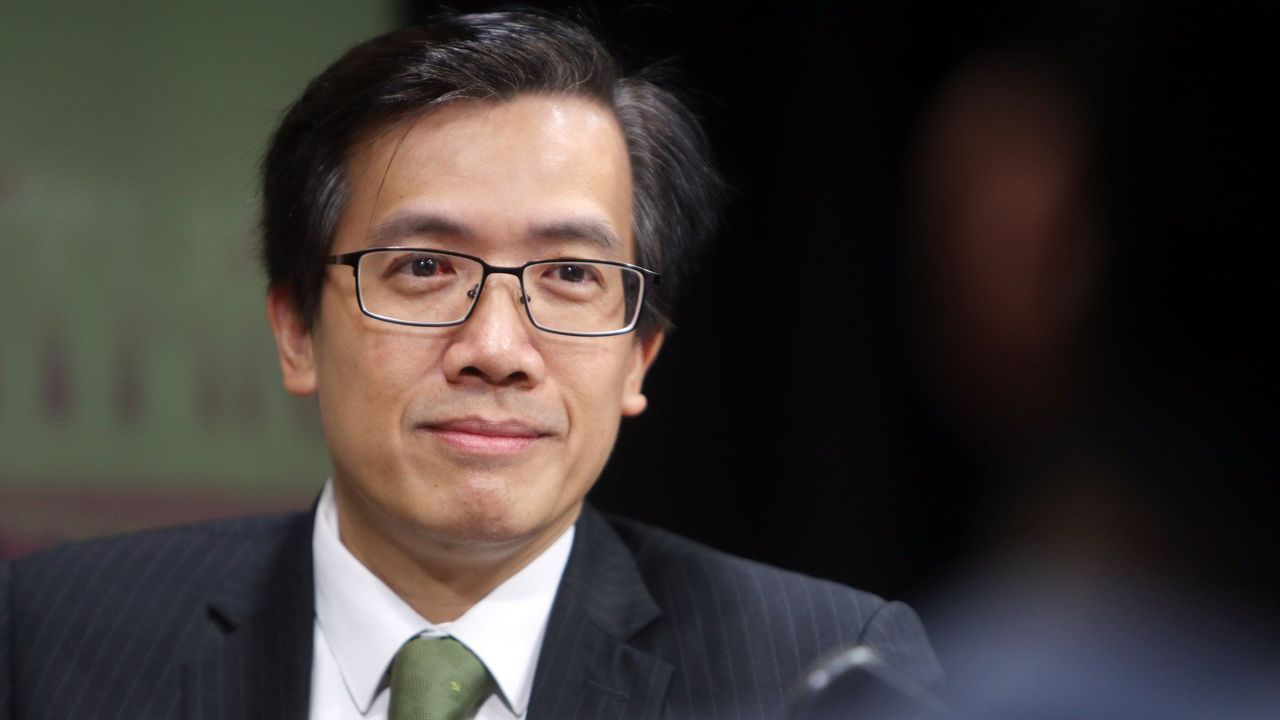Hong Kong News

Proposed legal changes will allow non-locally trained nurses to work in Hong Kong
Non-locally trained nurses could be registered in Hong Kong without having to pass the city’s licensing exam under proposed legal changes to address acute manpower shortages in the public health sector.
Under the Health Bureau’s proposals, a new pathway for admission of qualified non-locally trained nurses will be set up so those who have worked full-time in “specified institutions” for “a certain duration” will be eligible for registration or enrolment in Hong Kong.
They will not “need to take the licensing examination”, according to a paper prepared by the bureau for discussion at a meeting of the Legislative Council’s health services panel on Friday.
The proposals seek to create a temporary registration or enrolment system to allow overseas nurses to come to Hong Kong for academic exchanges and clinical demonstrations for a short period.
The paper said the changes aimed to enhance “manpower supply of nurses, in particular in the public healthcare and social welfare sectors”, and also the professional development of the workers.
The bureau would need to amend the Nurses Registration Ordinance and hoped a bill could be tabled to Legco in the middle of the year.
 Mainland medical workers arrive in Hong Kong to help during the Covid-19 pandemic.
Mainland medical workers arrive in Hong Kong to help during the Covid-19 pandemic.
The Nursing Council of Hong Kong regulates the profession. They are divided into two groups, registered and enrolled, with the former requiring more extensive professional training.
For a non-locally trained nurse to be qualified as registered or enrolled in Hong Kong, they must have a valid certificate to practise. It must be issued by a certifying body recognised by the council and they have to pass a licensing examination.
Although the frequency of licensing exams has increased from once to twice a year since 2016, from 2018 to 2022, the number of newly registered non-locally trained nurses remained low, ranging from two to 25 a year, the bureau said.
The paper said: “The government cannot solely rely on increasing the number of local training places to address the manpower problem. Even if we do so, it may not be a targeted approach to cope with the current service demand in the public sector.
“We thus need to tap non-local sources and channel them to the public health sector, and possibly the social welfare sector as well.”
Hong Kong has faced a shortage of nurses over the years.
At the end of last year, Hong Kong had 66,492 registered and enrolled nurses, slightly up from 64,026 in 2021 and 61,295 in 2020.
According to a 2017 healthcare manpower review, more than 30 per cent of nurses had reached the age of 50 and above.
In 2021-22, the attrition rates of registered and enrolled nurses in the Department of Health reached 11.2 per cent and 14.8 per cent, respectively, while those working for the Hospital Authority reached 9.1 per cent and 12.8 per cent, respectively.
Meanwhile, the Social Welfare Department estimates that to meet the future demand, existing residential care homes would need around 200 additional nurses starting in 2028.
Alex Lam Chi-yau, chairman of advocacy group Hong Kong Patients’ Voices, welcomed the proposal as manpower had been lacking in public and private hospitals.
“We need new blood to fill the gaps,” he said, adding that it was “inevitable” that nurses from mainland China would come to the city under the measure.
“The only concern is language … especially checking medical records in English. That may be a problem for those coming from the mainland or Taiwan or places that don’t use English. We have to be careful hiring these people,” he said.
 Alex Lam, chairman of advocacy group Hong Kong Patients’ Voices.
Alex Lam, chairman of advocacy group Hong Kong Patients’ Voices.
Lam said he hoped the government could train such nurses to use English in medical institutions.
Medical and health services sector lawmaker Dr David Lam Tzit-yuen supported the proposal but said foreign nurses must understand Hong Kong’s culture to do well.
“Nursing is a very caring profession. How do [they] communicate with the patients? How do they make them feel cared for? It’s very different in different cultures,” he said.
“If we import a lot of overseas nurses, then we have to spend time making sure they understand our culture and our patients.”
He said more could be done to address the shortage of nurses, given that many left because of management issues and the heavy workload.











